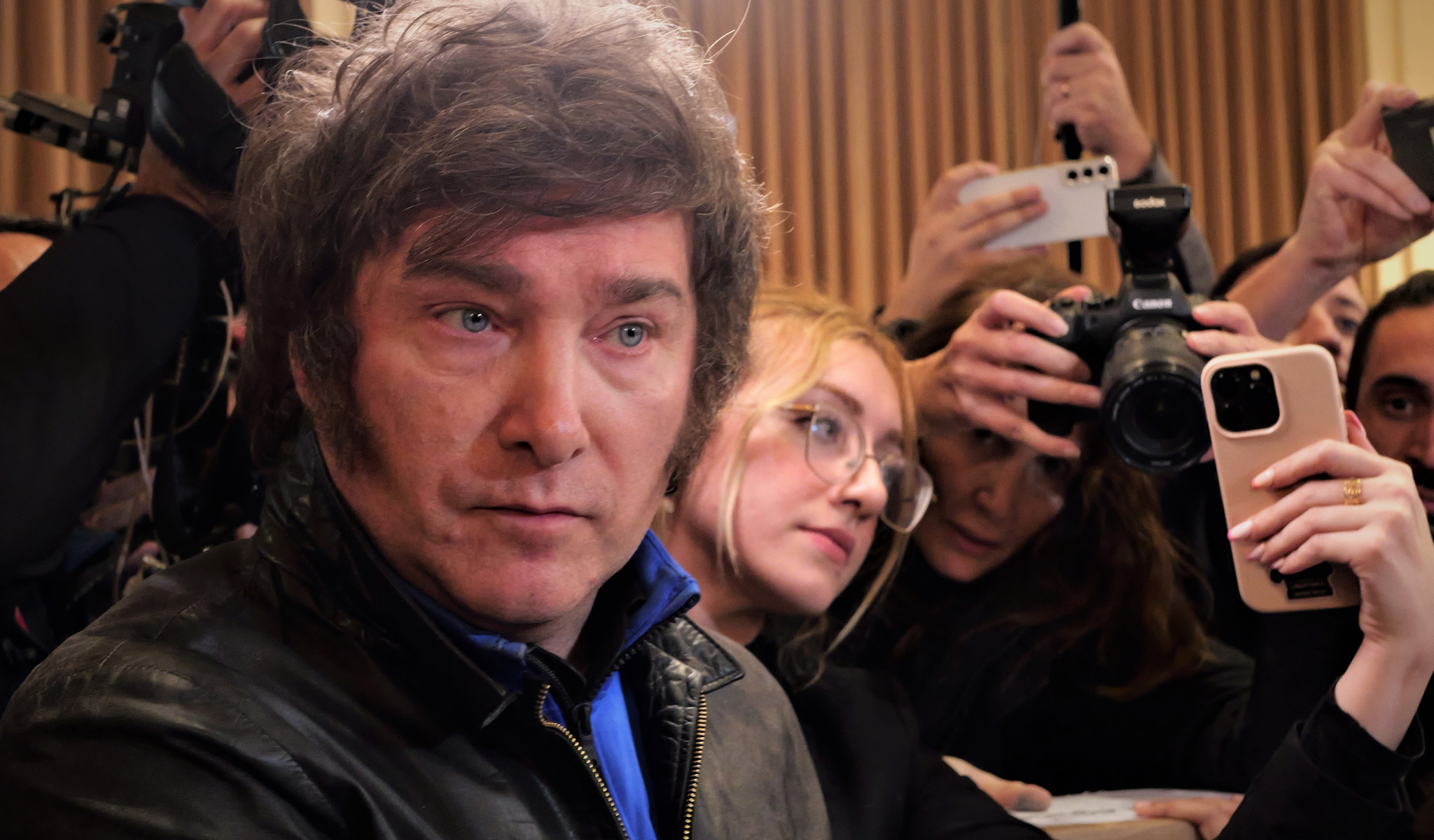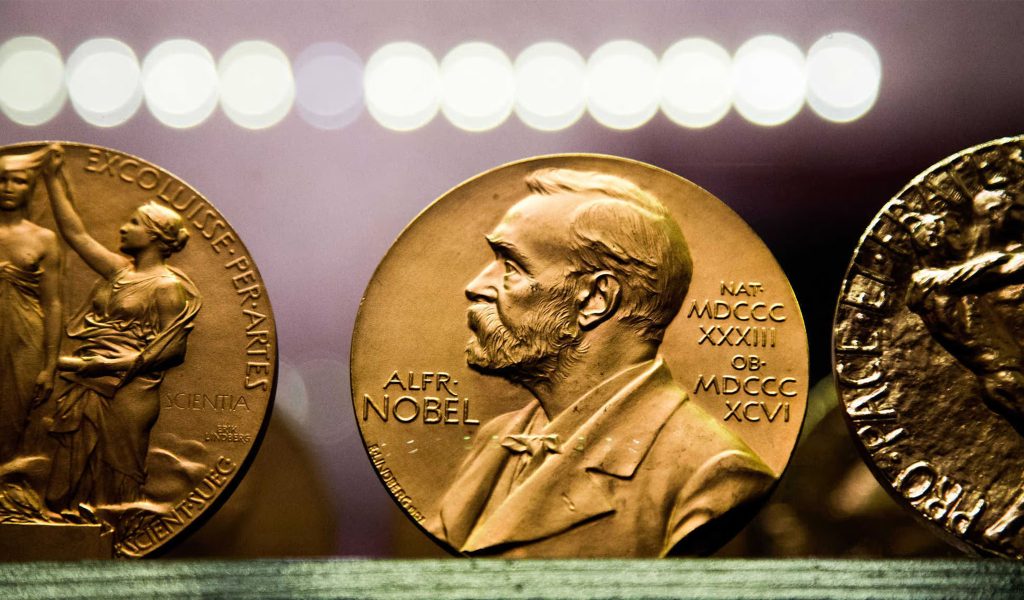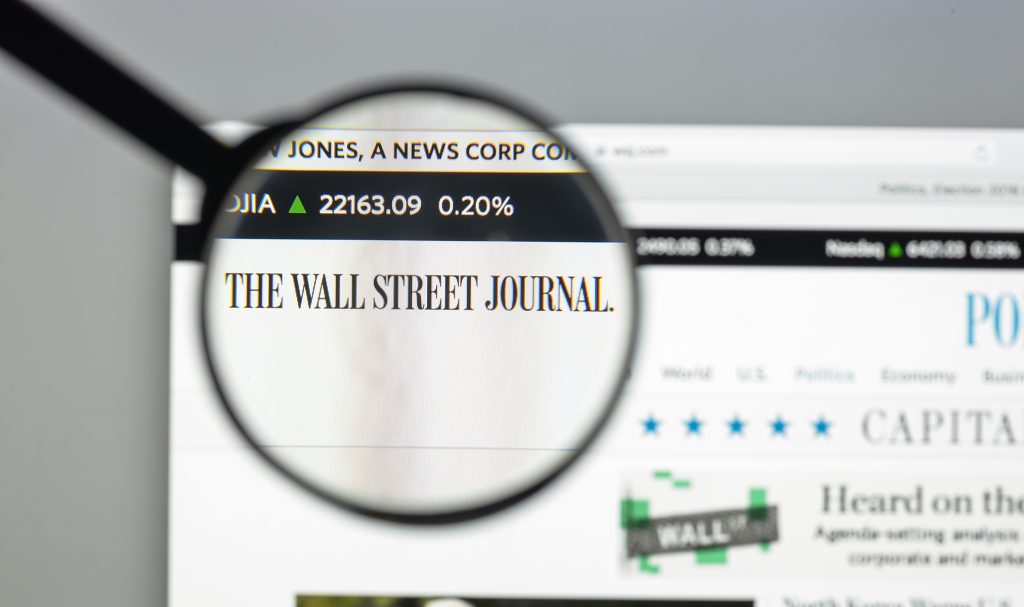In his 2001 book The Elusive Quest for Growth, former World Bank officer William Easterly showed readers what a billion Argetine pesos in the 1950s had shrunk to by the 1990s. What was once a fortune could be measured in pennies. From this it’s easy to conclude that long ago, and likely long before Argentine president Javier Milei was born (1970), the Argentine peso ceased existing as “money.”
Evidence supporting such a claim can be found in the truth that underlying all currency exchange is the movement of goods, services and labor. When we accept money for something like a refrigerator, a car wash, or a mow of someone’s lawn, we expect to get equal value in return.
Which is why no reasonable politician need ever worry about too little “money in circulation” within his or her country. Paraphrasing the great Ken Fisher (“the stock markets will do your worrying for you”), the citizenry will worry about “money in circulation” or so-called “money supply” for you.
How you know they will can be found in the truth about all monetary transactions: they’re never monetary. They’re products for products, with money just the agreement about value that those with products use to exchange with others who want things. Precisely because we want roughly equal value in return for what we bring to market, there’s once again never a problem of “too little” money in circulation.
Producers produce in order to get, and in the getting they require good money in return for what they bring to market. Which is why the dollar circulates all over the world. The Fed doesn’t parcel out dollars, rather production itself is the lure for dollars. They circulate wherever there’s production as though placed there – yes – by an “invisible hand.” The more production that there is, the more money circulating. Basic stuff.
Basic stuff that can be found right here in the United States. While the dollar is the U.S. currency, there are exponentially more dollars in Palo Alto than there are in Pierre, SD. Did the Fed plan this disparity? No, and it couldn’t on its best day. A great deal more dollars circulate in Palo Alto than Pierre simply because money in circulation is production determined. Simple as that. If you’re productive you needn’t worry about so-called “money supply,” simply because money always and everywhere finds production.
Bringing it back to Argentina, self-proclaimed libertarians claim Argentine president Milei must “dollarize.” Really? Why? And what on earth does government decreeing the dollar as the currency of exchange have to do with free markets? If your answer is nothing at all, you’re on the right track. The dollar doesn’t circulate around the U.S. by decree, but because the producers who populate the U.S. view the dollar as the most trusted medium of exchange. They want roughly equal products for products, and the dollar best meets their desires. Markets at work, not central planning.
Crucially, what’s true in the United States is true in Argentina. Since producers the world over broadly trust the dollar, the dollar circulates in Argentina. The Fed has nothing to do with this, nor libertarian economists who keep telling Milei that he must decree the dollar Argentina’s medium of exchange. Talk about superfluous.
Yet precisely because it’s superfluous, readers can hopefully see that while “dollarization” from Milei would be pointless for the Argentine libertarian, dollar stability as a measure of value would be brilliant for his country, and by extension, Milei. Money isn’t a commodity, rather it’s a concept. A measure of value. Per Adam Smith, the sole use of money is to circulate consumable goods.
The best money, money that enables the most frictionless, mutually enhancing commerce that is the stuff of growth and prosperity, is money the value of which never changes. So with the dollar already the currency of exchange the world over, including in Milei’s Argentina, stop and think just how much better life and living standards in Argentina would be if the dollar were a constant measure of value. Your move, Treasury.
Republished from RealClear Markets





